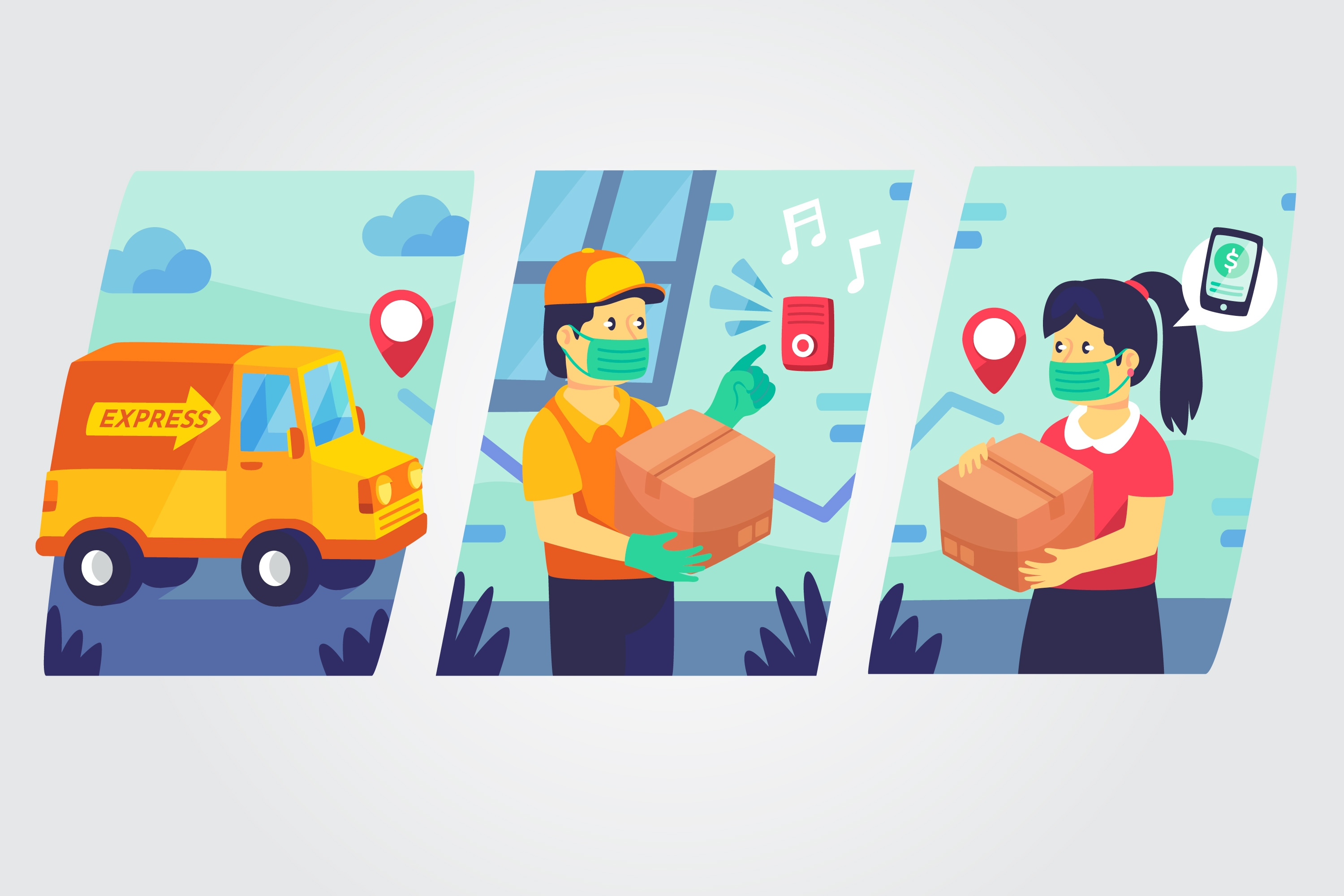How to Build an UberEats Clone App in 2025: Key Features, Tech Stack, and Cost Breakdown

Strong 8k brings an ultra-HD IPTV experience to your living room and your pocket.
The online food delivery market has grown exponentially in recent years, and apps like UberEats have revolutionized how we order meals. If you're planning to launch an UberEats clone, you're not alone. Entrepreneurs and startups are increasingly entering this lucrative space, fueled by the demand for convenient, app-based food ordering services.
In this blog, we’ll walk you through everything you need to know about developing an UberEats-like food delivery app in 2025—from core features to tech stack and development cost.
📈 Why Launch an UberEats Clone?
Before we dive into the technical details, here’s why launching an UberEats clone makes business sense:
High Market Demand: Food delivery services are expected to surpass $500 billion globally by 2030.
Scalable Business Model: You can easily expand from one city to many.
Multiple Revenue Streams: Commissions, delivery fees, advertising, and premium listings.
🧱 Key Components of an UberEats Clone
An UberEats clone typically consists of three major panels and an optional admin dashboard:
Customer App – for placing orders
Restaurant App/Panel – for managing menus and orders
Delivery Agent App – for picking up and delivering food
Admin Panel – for overseeing operations
Let’s break these down further.
📱 Core Features You Need
1. Customer App Features
User Registration & Login
Restaurant Listings with Filters
Menu Browsing
Order Scheduling
Cart & Checkout
Multiple Payment Options (Card, Wallet, UPI)
Real-time Order Tracking
Ratings & Reviews
Push Notifications
In-app Chat or Support
2. Restaurant Panel Features
Restaurant Profile Setup
Menu Management
Order Notifications
Order Status Updates
Earnings Dashboard
Promotional Offers
Customer Reviews Management
3. Delivery Driver App Features
Driver Onboarding/Verification
New Order Alerts
Navigation & Maps Integration
Delivery Status Updates
Earnings Tracker
Support/Help Center
4. Admin Panel Features
User Management
Restaurant and Driver Approval
Commission Settings
Order & Delivery Tracking
Analytics & Reports
Marketing & Promo Tools
CMS Management
⚙️ Recommended Tech Stack
Choosing the right technology stack is crucial for scalability, performance, and maintenance.
Component Technology
Frontend (App) Flutter / React Native
Frontend (Web) React.js / Next.js
Backend Node.js / Django / Laravel
Database PostgreSQL / MongoDB
Real-time Updates Firebase / Socket.IO
Payment Gateway Stripe / Razorpay / PayPal
Maps & Navigation Google Maps API
Cloud & Storage AWS / Google Cloud
Notifications Firebase Cloud Messaging (FCM)
🚚 How Does an UberEats Clone Work?
Here's a step-by-step look at how the app functions:
User Browses and Places Order
The customer selects a restaurant, picks items, and places an order.
Restaurant Prepares Order
The restaurant receives the order and starts preparing it.
Driver Accepts Delivery
The nearest available driver gets notified and accepts the delivery request.
Order is Picked Up and Delivered
The driver picks up the food and delivers it to the customer’s location.
Feedback Loop
Customers and drivers can rate each other to improve service quality.
💵 Monetization Strategies
Want to make your UberEats clone profitable? Here are a few proven ways:
Commission from Restaurants
Charge 15–30% commission on each order.
Delivery Charges
Set dynamic or flat-rate delivery fees.
Surge Pricing
Increase fees during high-demand times.
Subscription Plans
Offer customers or restaurants premium services.
Ad Placements
Let restaurants pay for higher visibility.
📊 Analytics & Reporting
Data is crucial for growth. Your admin panel should track:
Total orders per day/week/month
Revenue per region/restaurant
Customer retention and engagement
Driver performance
Order success/failure rates
🔐 Security Considerations
Ensure your UberEats clone complies with modern security practices:
SSL encryption
Secure payment gateways
Role-based access control
GDPR compliance
OTP-based login & phone verification
⏳ Development Timeline
Here’s a rough estimate for a full-featured MVP:
Phase Duration
Planning & Research 1–2 weeks
UI/UX Design 2–3 weeks
Frontend Development 4–6 weeks
Backend Development 5–7 weeks
Testing & QA 2 weeks
Deployment 1 week
Total 12–16 weeks (3–4 months)
💸 How Much Does It Cost?
The cost of building an UberEats clone depends on several factors like location of the development team, feature complexity, and timeline.
Approximate Cost Breakdown:
Region Estimated Cost (USD)
US / Canada $60,000 – $120,000
Europe $40,000 – $90,000
India / SEA $15,000 – $35,000
Freelancers (Global) $8,000 – $25,000
Note: These are for MVPs. The price increases with custom features like AI-based recommendations, real-time route optimization, or advanced analytics.
🚀 Ready-Made UberEats Clone Solutions
If you're short on time or budget, you can opt for ready-made UberEats clone scripts available from various vendors. These can significantly cut down on:
Development time (launch in 2–4 weeks)
Cost (30–60% cheaper than building from scratch)
Risk (tested frameworks with support)
However, make sure the clone script is scalable, secure, and customizable.
📣 Final Thoughts
Launching an UberEats clone in 2025 is a smart business move—but only if you do it right. Focus on user experience, seamless performance, and reliable logistics. Whether you build from scratch or use a clone script, make sure your app delivers consistent value to customers, restaurants, and delivery drivers alike.
Need help developing your food delivery app? Contact us for a free consultation—we’ll guide you from idea to launch.
Note: IndiBlogHub features both user-submitted and editorial content. We do not verify third-party contributions. Read our Disclaimer and Privacy Policyfor details.





